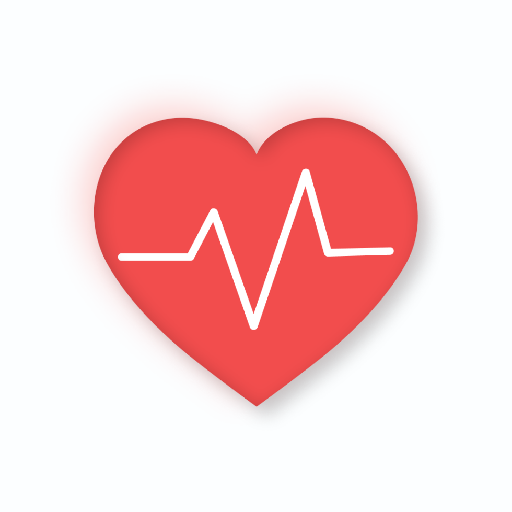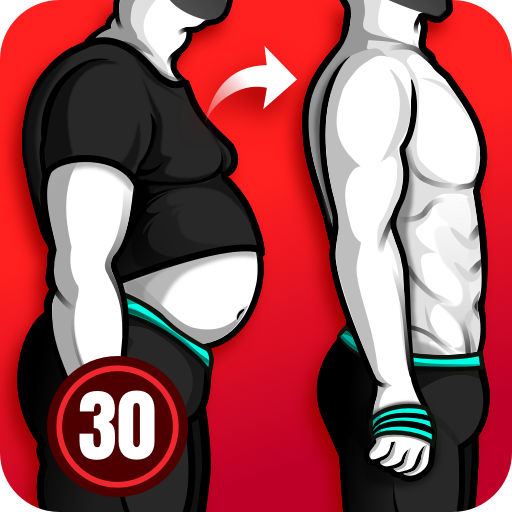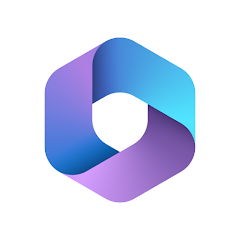Personal Health Monitor
About this app
In today's rapidly evolving environment, maintaining one's health has become increasingly crucial. Personal health monitoring applications have emerged as vital tools, enabling individuals to track various aspects ranging from fitness objectives to chronic health conditions.
This article examines the benefits associated with the utilization of these applications, outlines key features to consider, and provides an evaluation of some of the best options currently available in the market.
Whether one is a fitness enthusiast or an individual seeking to manage a specific health condition, this resource offers valuable insights to assist in selecting the most suitable application to meet individual needs.
What are Personal Health Monitor Apps?
Personal health monitor applications are sophisticated digital solutions aimed at improving individual health management through the tracking of various health metrics and the provision of valuable health insights. These applications utilize advanced technology to offer features such as heart rate monitoring, sleep analysis, and exercise tracking, enabling users to establish health objectives and efficiently evaluate their overall wellness.
Moreover, many of these applications are designed to connect with wearable devices, which facilitates real-time tracking and data synchronization, thereby promoting proactive management of one’s lifestyle.
Benefits of Using a Personal Health Monitor App
Utilizing a personal health monitor application can significantly enhance an individual's health journey by providing tailored health insights and improving user experience across various aspects of wellness.
These applications offer essential tools for activity tracking, including step counters and calorie tracking, thereby assisting users in setting and achieving health goals while monitoring relevant trends.
Furthermore, features such as nutrition tracking and integrated health coaching provide additional support for individuals in effectively managing their overall wellness.
Features to Look for in a Personal Health Monitor App
When selecting a personal health monitor application, it is imperative to consider a comprehensive range of features that contribute to an optimal user experience and effective health management.
Key features of the application should include:
- User-friendly interface that enhances usability,
- Compatibility with various devices for seamless integration,
- Robust application performance that supports real-time tracking of health metrics.
Additionally, strong data privacy policies and features are essential to ensure that personal health information remains secure and confidential.
Tracking and Monitoring Functions
Tracking and monitoring functionalities in personal health monitor applications are essential for providing users with a comprehensive overview of their health metrics and daily activities. These functionalities typically encompass features such as activity tracking, including step counters and pedometers, as well as sleep monitoring and heart rate tracking. This allows users to receive valuable feedback on their physical health and overall wellness.
By leveraging technology, these applications enable individuals to establish personalized fitness goals, thereby facilitating motivation and accountability. Activity tracking not only encourages an active lifestyle but also enables users to analyze patterns in their movement, yielding meaningful insights into their overall fitness levels.
Sleep monitoring features assist users in assessing the quality and duration of their sleep, thereby identifying potential areas for improvement in rest and recovery. Heart rate monitoring provides critical information regarding cardiovascular health, enabling individuals to evaluate their exertion levels during workouts and assess their responses to stress. Collectively, these features equip users with the knowledge necessary to make informed health decisions.
Data Analysis and Visualization
Data analysis and visualization are essential components of personal health monitoring applications, enabling users to effectively interpret their health statistics and remain engaged with their wellness journey. Through advanced analytics and comprehensive report generation, these applications offer visual representations of data that allow users to discern trends over time and make informed decisions regarding their health and lifestyle.
By transforming complex health metrics into easily understandable formats, such as graphs and interactive charts, these applications not only enhance clarity but also promote a sense of ownership over one’s health. Users can observe the immediate consequences of their habits and choices, motivating them to establish and pursue personalized health objectives.
The capacity to track progress and receive tailored insights further enhances motivation, ensuring sustained engagement.
As users actively interact with their data, they are more inclined to adopt healthier behaviors, ultimately contributing to the improvement of their overall well-being.
Top Personal Health Monitor Apps on the Market
The market for personal health monitor applications is highly saturated, with numerous options available, each providing a distinct combination of features and functionalities. Consequently, it is imperative to conduct comprehensive app reviews and evaluate user ratings.
Leading applications are regularly updated to improve their functionality and foster user engagement, ensuring compatibility with a diverse array of devices for effective health monitoring. This ongoing enhancement allows users to identify the most suitable app tailored to their individual health requirements.
Overview and Key Features
An overview of the leading personal health monitor applications highlights a range of features specifically designed to enhance user experience and effectively track health statistics. These mobile health applications vary in focus, accommodating fitness challenges, health coaching, and nutrition tracking, thereby addressing diverse user needs and preferences.
By incorporating user-friendly interfaces, real-time data monitoring, and personalized health insights, these applications enable individuals to efficiently manage their wellness journeys. Many of these platforms offer advanced features, including step counting, heart rate monitoring, sleep tracking, and calorie management, all of which enable users to make informed health decisions.
Additionally, certain applications provide community support and virtual coaching, fostering a more interactive experience that promotes motivation and adherence to fitness goals. As reliance on technology for health management continues to grow, these personal health monitors distinguish themselves by offering tailored solutions that adapt to each user's lifestyle and requirements.
Pros and Cons of Each App
Evaluating the advantages and disadvantages of each personal health monitor application provides valuable insights into their performance and overall user experience, thereby enabling potential users to make informed decisions. Key considerations include data privacy, subscription models, and the availability of online feedback from current users, all of which can significantly impact the app's suitability for individual health management.
By analyzing these factors, individuals can assess the benefits, such as user-friendly interfaces that facilitate easier tracking, against potential drawbacks like high subscription fees that may not be justified by the features provided. A comprehensive examination of user reviews can uncover recurring issues or notable functionalities, offering a clearer picture of how these applications perform in practical scenarios.
Understanding data privacy policies is essential, as users require assurance that their sensitive health information is secure and handled responsibly. In summary, a thorough evaluation gives users access to the necessary knowledge to identify which application aligns best with their health goals and concerns.
How to Choose the Right Personal Health Monitor App for You
Selecting the appropriate personal health monitor application necessitates thorough evaluation of several factors, including individual health assessment requirements and the provision of personalized recommendations for effective health management.
Users should assess the app's compatibility with their lifestyle and health objectives, ensuring that it aligns with their target audience and effectively addresses family health management needs, if applicable.
Considerations and Factors to Keep in Mind
When selecting a personal health monitor application, various considerations are of utmost importance, particularly user engagement and compatibility with existing devices. It is essential to assess the app's capability to facilitate activity tracking, while also taking into account factors such as data privacy and the implications of a subscription model, which may influence long-term usability.
Along with these primary considerations, potential users should contemplate how the app fosters motivation and engages its audience through notifications, rewards, or gamification features. Compatibility with a range of platforms—whether smartphones, wearables, or smart home devices—ensures a seamless user experience and enhances the breadth of data collected.
The significance of data privacy cannot be overstated; understanding how personal information is protected and whether the app shares data with third parties is critical. Furthermore, transparency regarding costs, whether they are upfront fees or subscription-based, affects the user's level of commitment and overall satisfaction, thereby influencing their final decision.
Related Apps
-
Daily Yoga®GETHealth and Fitness
-
Lose WeightGETHealth and Fitness
-
Lose Belly FatGETHealth and Fitness



















